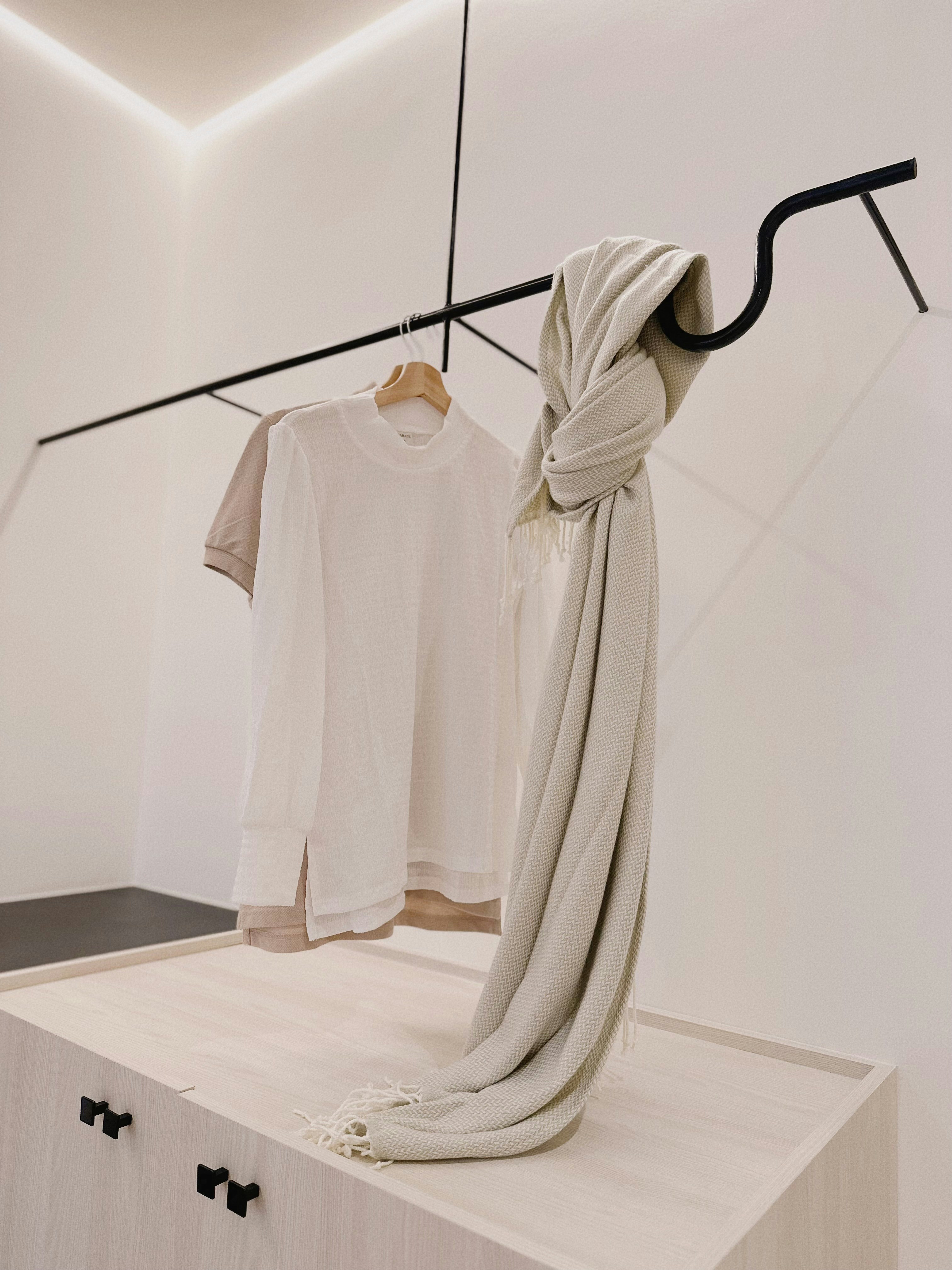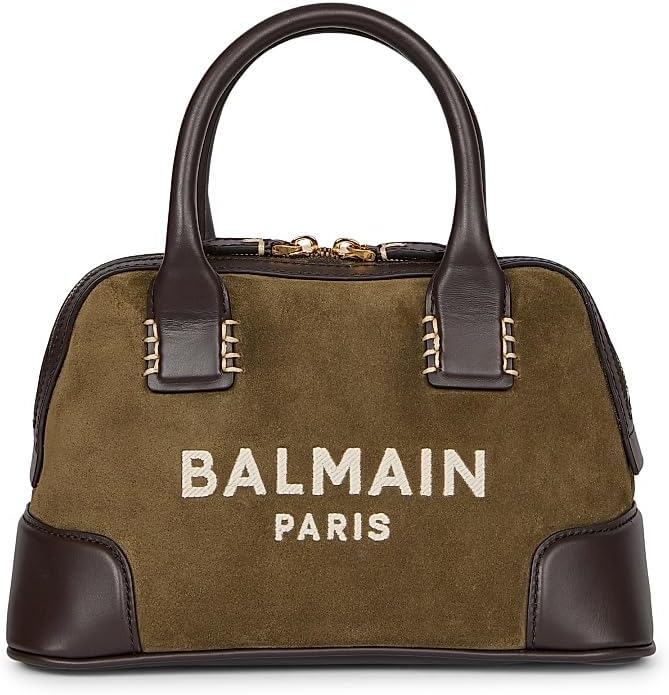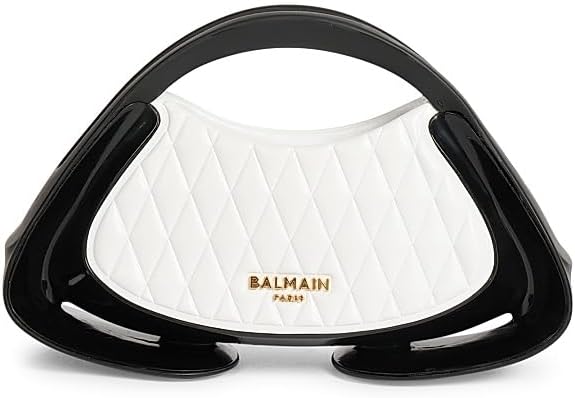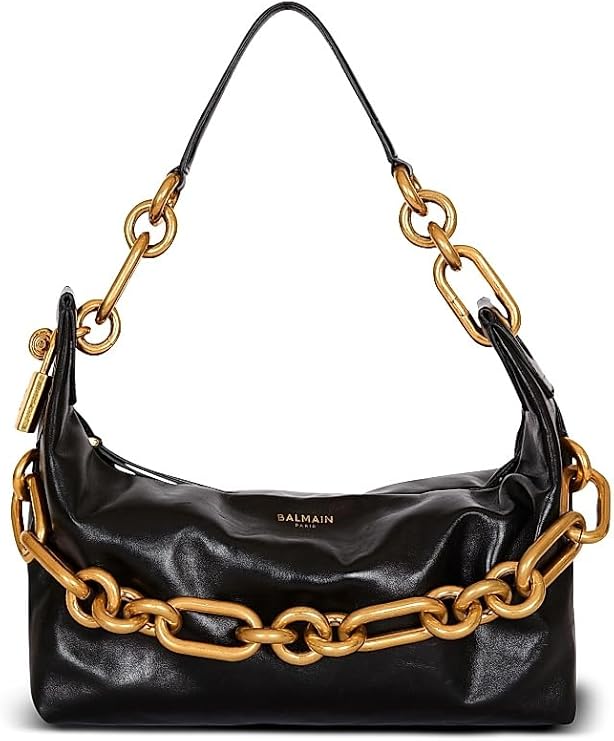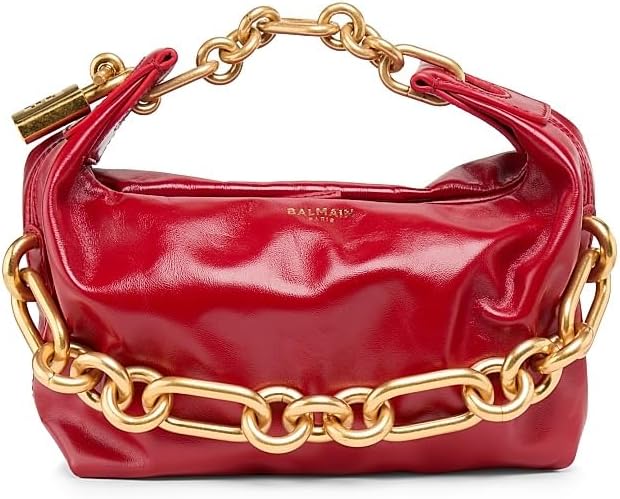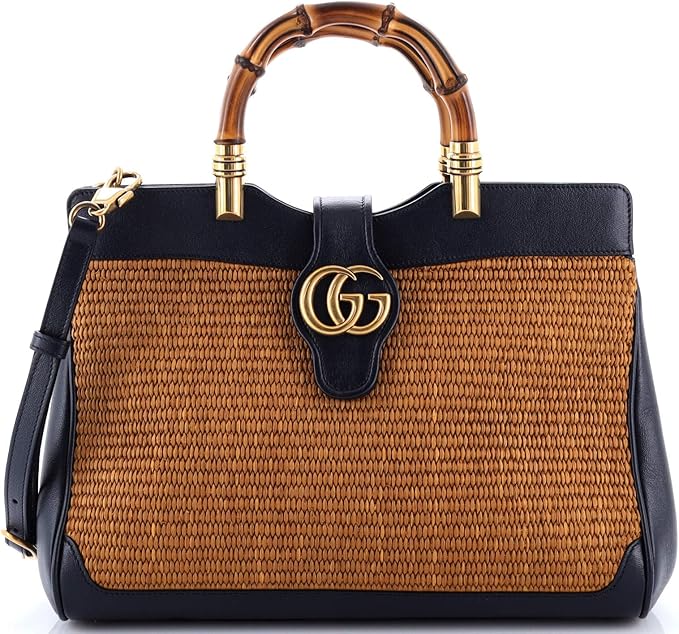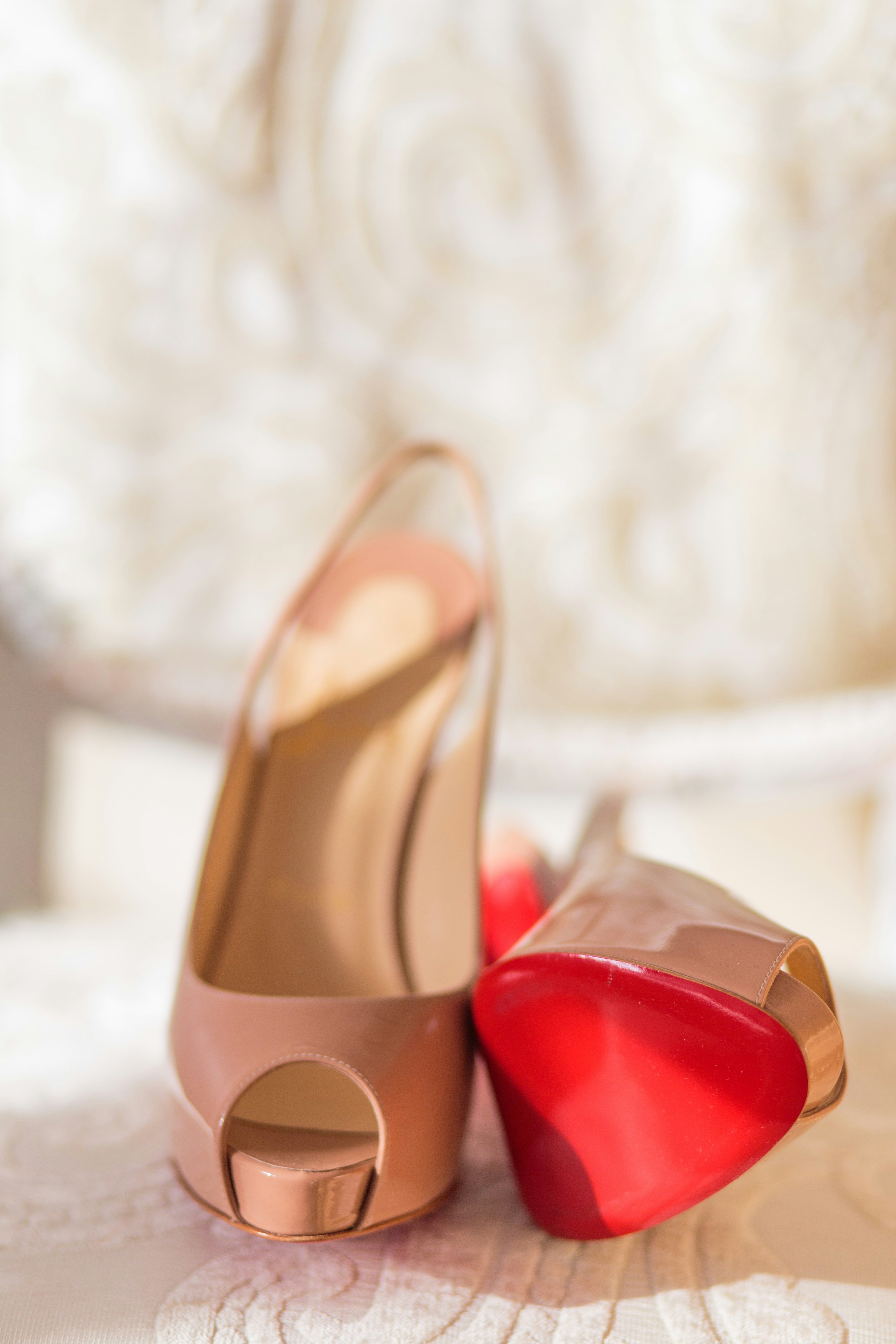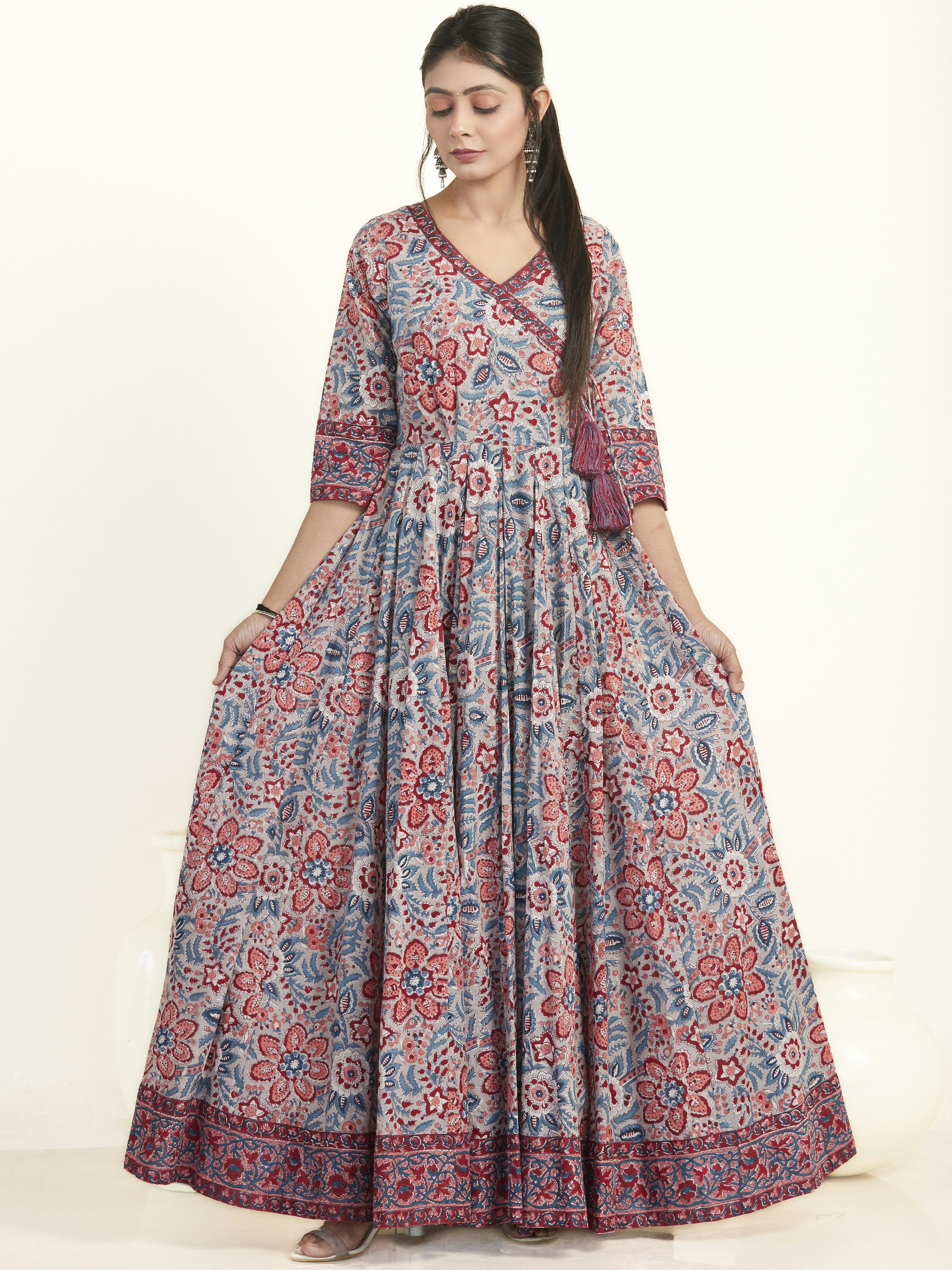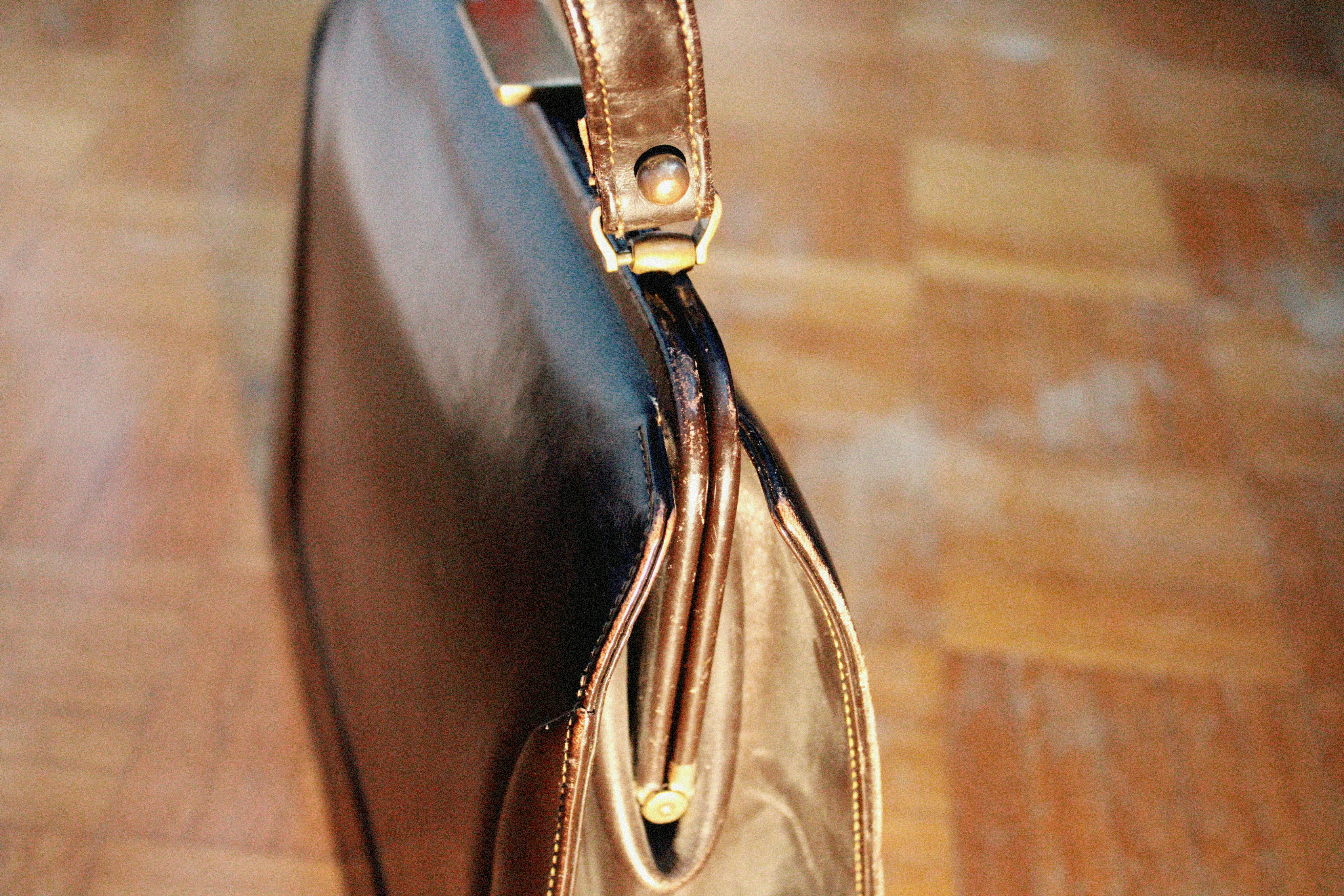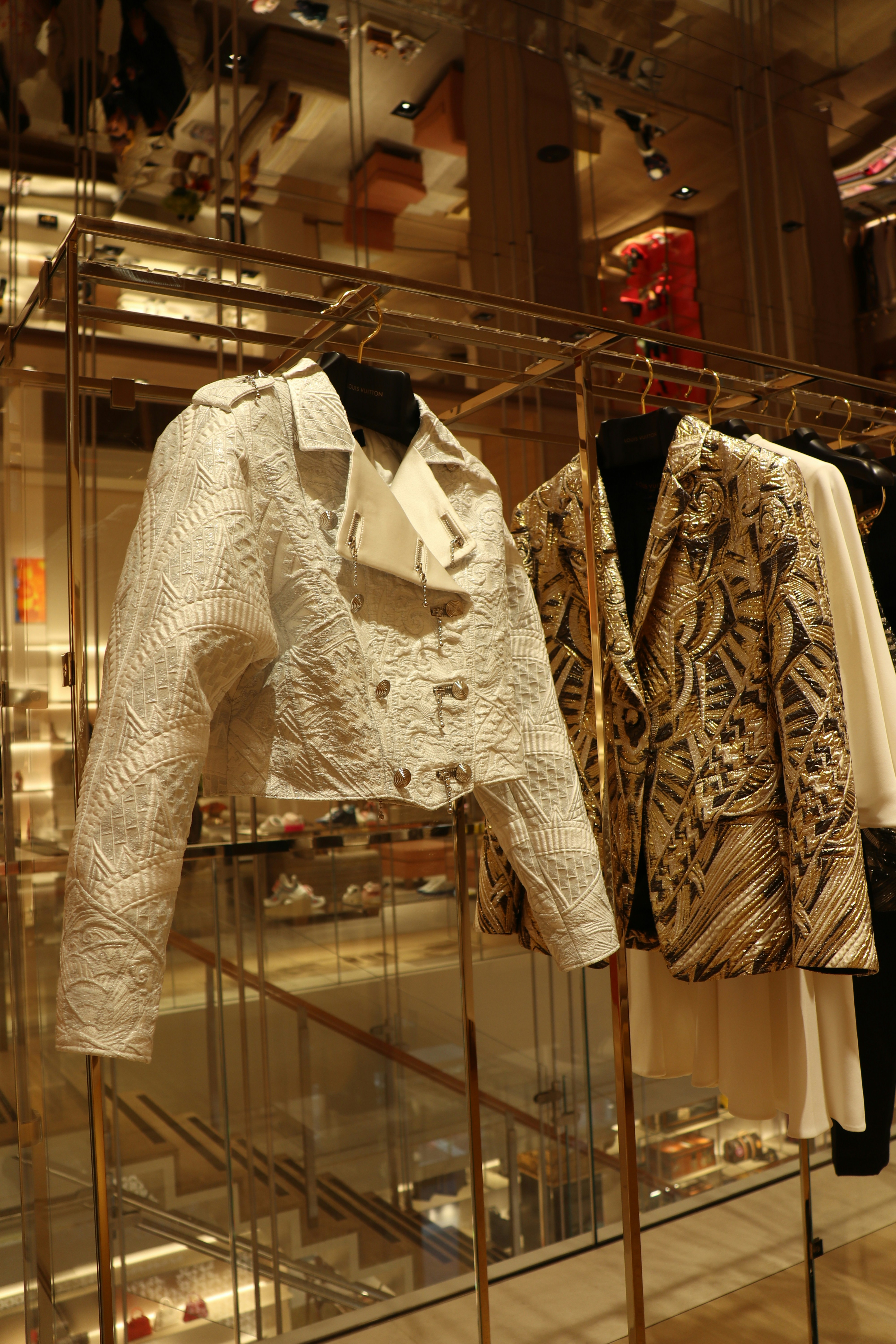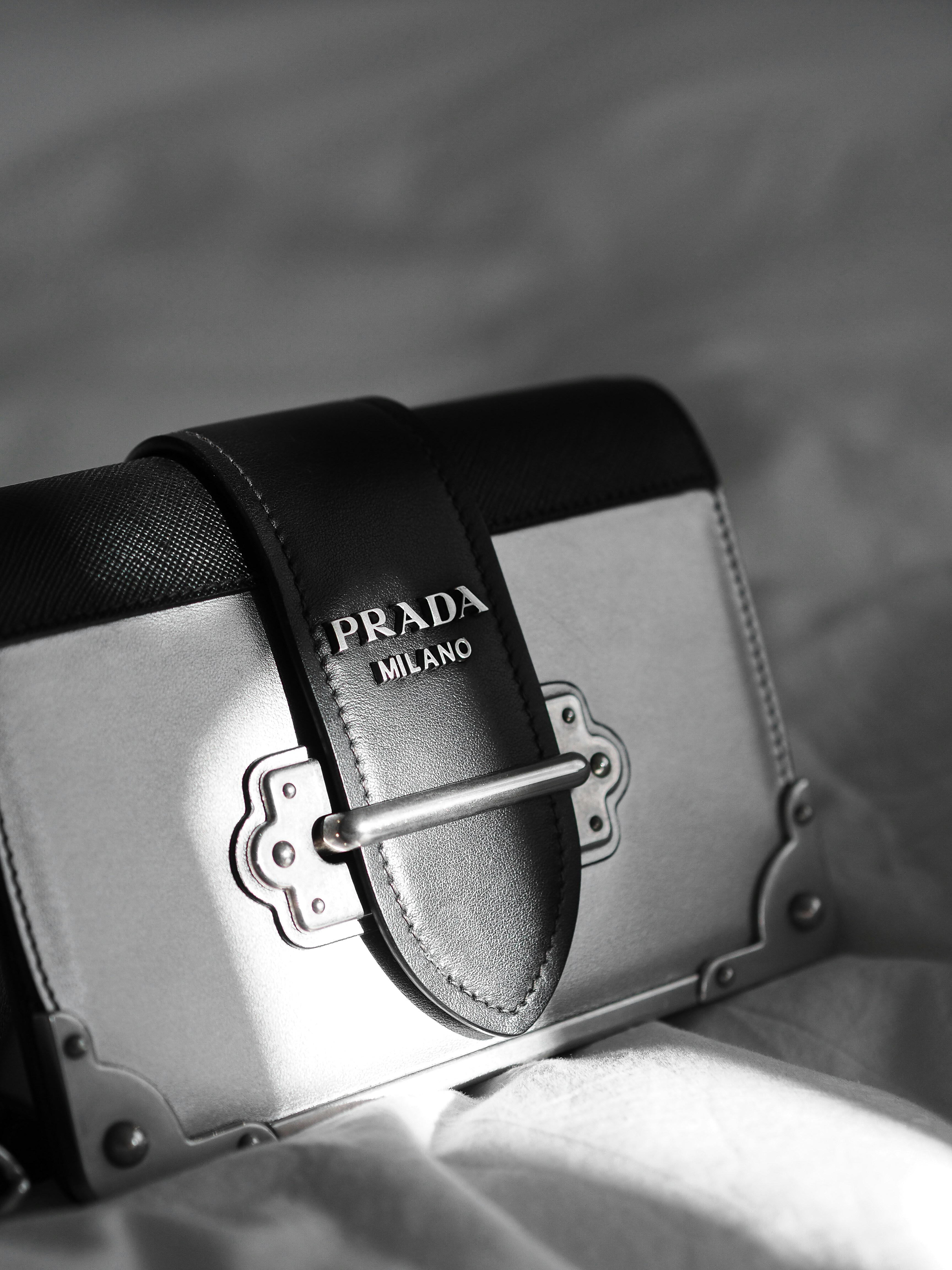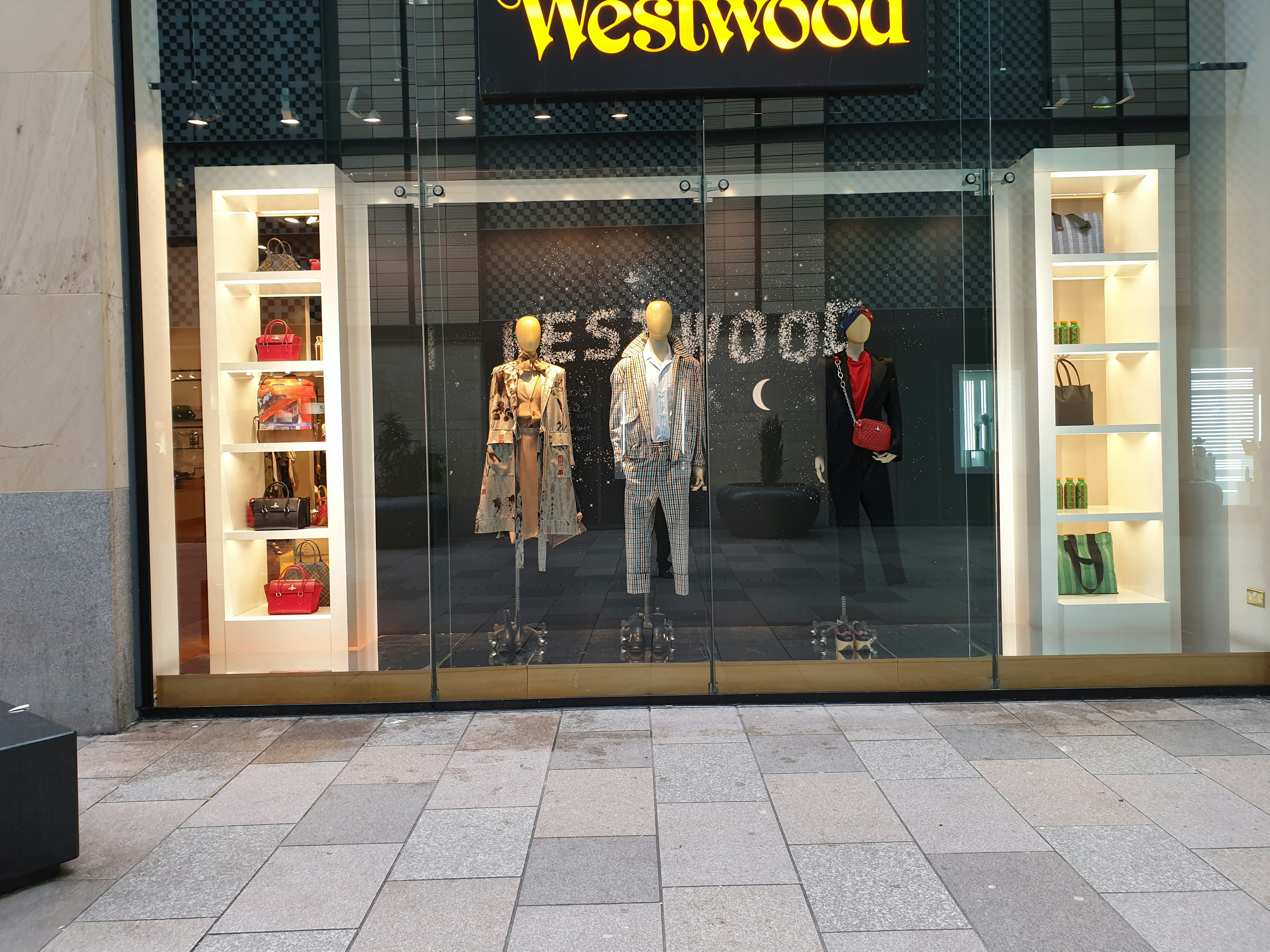Céline was established in 1945 by Céline Vipiana in Paris, initially focusing on custom-made children’s shoes. The inception of the brand marked a significant step toward blending practicality with style, a reflection of the post-war Parisian ethos. During the late 1950s, Céline expanded its offerings, transitioning into women’s footwear, which resonated well with the evolving tastes of the fashion landscape. This pivotal change laid the foundation for what would become an iconic French brand synonymous with luxury and minimalist fashion.
Throughout the 1960s and 1970s, Céline began to carve out a niche in the fashion industry, positioning itself as a purveyor of understated elegance. The introduction of chic ready-to-wear collections showcased the brand’s unique ability to blend youthful exuberance with sophisticated simplicity. This era was marked by key milestones, such as the launch of its first leather goods line, which reinforced Céline’s commitment to high-quality craftsmanship and timeless design.
In the 1980s, the brand underwent significant changes. Céline Vipiana retired, and the company was acquired by the French luxury conglomerate LVMH in 1987. Under LVMH’s stewardship, Céline embraced a more international market presence while staying true to its minimalist French heritage. The late 1990s heralded a new chapter with the appointment of designer Michael Kors as creative director, who introduced a modern aesthetic that appealed to a broader audience without compromising the brand’s identity.
The turn of the 21st century saw Céline further evolve, particularly under the direction of Phoebe Philo from 2008 to 2018. She reinvigorated Céline with her vision of modern femininity, which resonated with a contemporary clientele and solidified the brand’s status in the luxury fashion realm. Through decades of transformation, Céline has remained a quintessential representation of minimalist French fashion, deeply rooted in its origins while continuously innovating to reflect the times.
The Concept of Quiet Luxury
The term ‘quiet luxury’ embodies a philosophy that emphasizes understated elegance, a principle that has become synonymous with the Céline brand since its establishment in 1945. Rather than subscribing to the high-profile displays of extravagance often associated with luxury fashion, Céline adopts a more subdued approach that resonates with those who appreciate a sophisticated, yet minimalist aesthetic. This notion of quiet luxury prioritizes quality over quantity, allowing discerning consumers to embrace a style that speaks to their refined taste without being ostentatious.
Céline’s design philosophy is rooted in meticulous attention to detail, utilizing only the finest materials to create garments that stand the test of time. The brand’s commitment to impeccable tailoring serves as a testament to its dedication to craftsmanship. Each piece reflects a deep understanding of silhouette and structure, ensuring that the wearer’s form is accentuated without excess embellishment. This emphasis on minimalist silhouettes allows Céline to merge comfort with elegance, creating an effortless style that appeals to a modern clientele.
This approach not only aligns with the aesthetics of quiet luxury but also caters to a clientele that values timelessness and functionality over fleeting trends. Céline’s garments often utilize neutral palettes and clean lines, which serve to enhance their versatility. Such choices enable pieces to be seamlessly integrated into various aspects of daily life, providing both style and practicality. In an era where fast fashion dominates, Céline’s ethos stands as a counter-narrative, inviting consumers to invest in pieces that are not only sophisticated but also genuinely versatile. Through this dedication to quiet luxury, Céline continues to set a benchmark in the minimalist French fashion landscape, appealing to those who seek elegance without the need for garish displays of wealth.
Signature Pieces and the Triomphe Bag
Céline has long been recognized for its commitment to minimalist aesthetics, a philosophy that translates into a carefully curated array of signature pieces representing the brand’s identity. The hallmark of Céline’s offerings is a blend of effortless elegance and functional design, with the Triomphe bag standing out as a quintessential example of this ethos. This iconic handbag not only encapsulates the spirit of Céline’s fashion narrative, but it also reflects the brand’s dedication to craftsmanship and sophistication.
The Triomphe bag is distinguished by its clean lines, structured silhouette, and distinctive logo, which features the letter “C” interlocking in a simple yet striking manner. This emblem, rooted in the brand’s heritage, serves as a testament to the minimalist philosophy that Céline embodies. Made from premium materials, the bag showcases superior craftsmanship through its meticulous attention to detail, ensuring durability while preserving a luxurious feel. The combination of high-quality leather and refined hardware contribute to its timeless appeal, making it a favored choice among fashion aficionados.
Moreover, the influence of the Triomphe bag extends beyond its initial design. It has established itself as a coveted accessory within the luxury market, often seen as a status symbol among the modern woman. In an era where practicality meets style, the Triomphe bag offers versatility, seamlessly transitioning from day to night, which has solidified its place in contemporary wardrobes. Its ability to accommodate daily necessities while maintaining an air of elegance makes it not merely a handbag, but an essential fashion statement.
As a result, the Triomphe bag not only reinforces Céline’s position within the fashion landscape but also showcases how minimalist design can resonate with the desires of modern consumers seeking both luxury and practicality. This synergy is what continues to define Céline’s signature pieces and elevate them within the ever-evolving realm of fashion.
The Legacy of Céline in Today’s Fashion Landscape
Céline has established itself as a pivotal force in the fashion industry, particularly noted for its minimalist aesthetic that emphasizes simplicity and elegance. This core philosophy continues to resonate powerfully within today’s fashion landscape, influencing not only established designers but also emerging brands. The impact of Céline’s designs can be observed in the widespread adoption of clean lines, muted color palettes, and a focus on high-quality materials across various collections. Many contemporary fashion houses draw inspiration from Céline’s refined approach, often blending functionality with sophistication, thereby embodying the principles of minimalist luxury.
As consumer preferences evolve, there is a noticeable shift towards thoughtful consumption and an increased appreciation for sustainable fashion. Shoppers are gravitating towards brands that offer not only stylish designs but also adhere to environmentally friendly practices. Céline’s legacy includes a commitment to quality over quantity, prompting other designers to reconsider their production methods and product offerings. This transformation reflects a broader trend in the industry, where sustainability is becoming as paramount as design innovation, and Céline plays a crucial role in this dialogue.
Looking forward, as LVMH navigates the future of the Céline brand, it is likely that the essence of minimalism will remain a touchstone in all collections. The challenge will be balancing tradition with modernization, ensuring that new designs still evoke the signature understated luxury that Céline is known for. With a focus on strategic innovation, the brand has the potential to merge its classic roots with contemporary values, making it relevant to both longstanding fans and a new generation of fashion-conscious consumers. By continually aligning its offerings with the principles of timeless elegance and sustainability, Céline is poised to redefine minimalist fashion for years to come.

